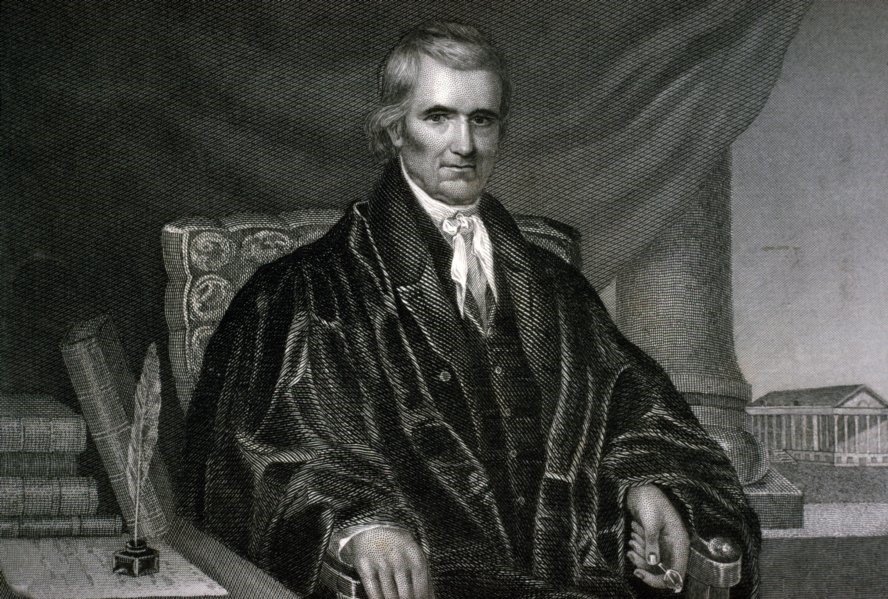HikerGuy83
Diamond Member
- Dec 26, 2021
- 18,510
- 14,753
- 2,288
- Thread starter
- #21
Wrong. The Constitution is the supreme law of the land.
The Supremacy clause is designed to note that when state laws conflict with federal laws on the matter so legislated, the federal law governs. However, if the federal law is out of bounds, itself, the supremacy clause doesn’t save it.
Yes Constitution was written to create a very specific government (or one with multiple specific purposes).
The Constitution is not supreme in those areas not enumerated (or so Madison wrote.....we certainly have not behaved that way).
And, in general, I agree with your description of the Supremacy Clause.

